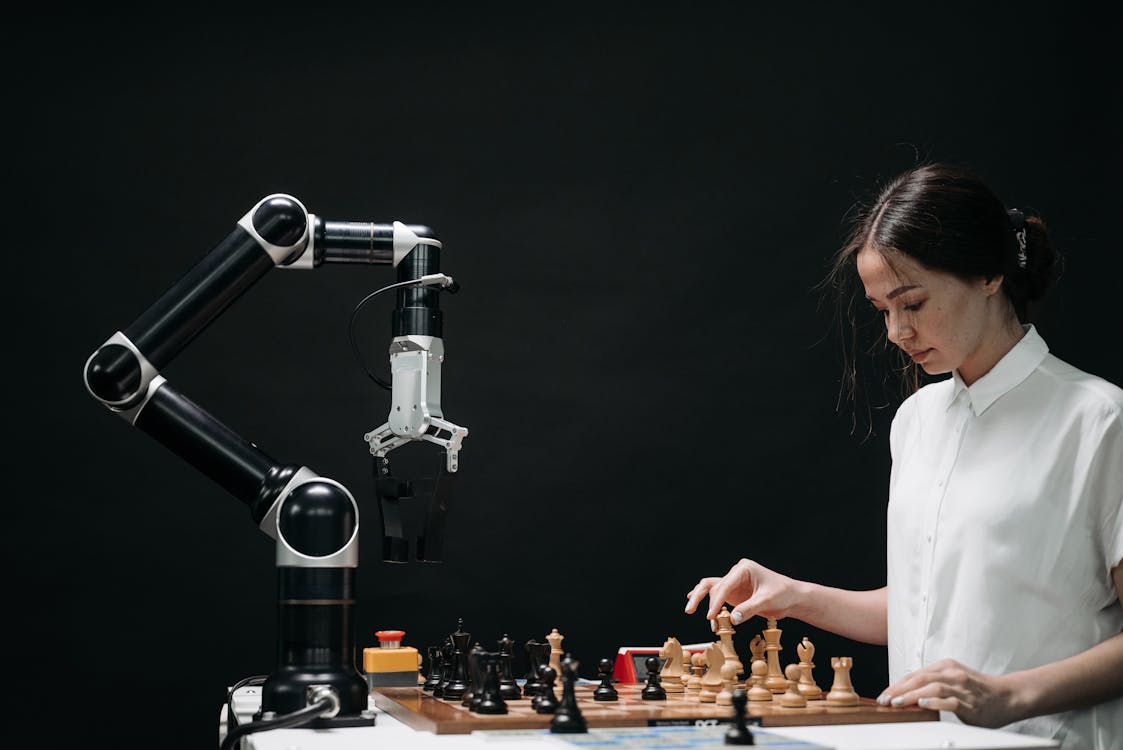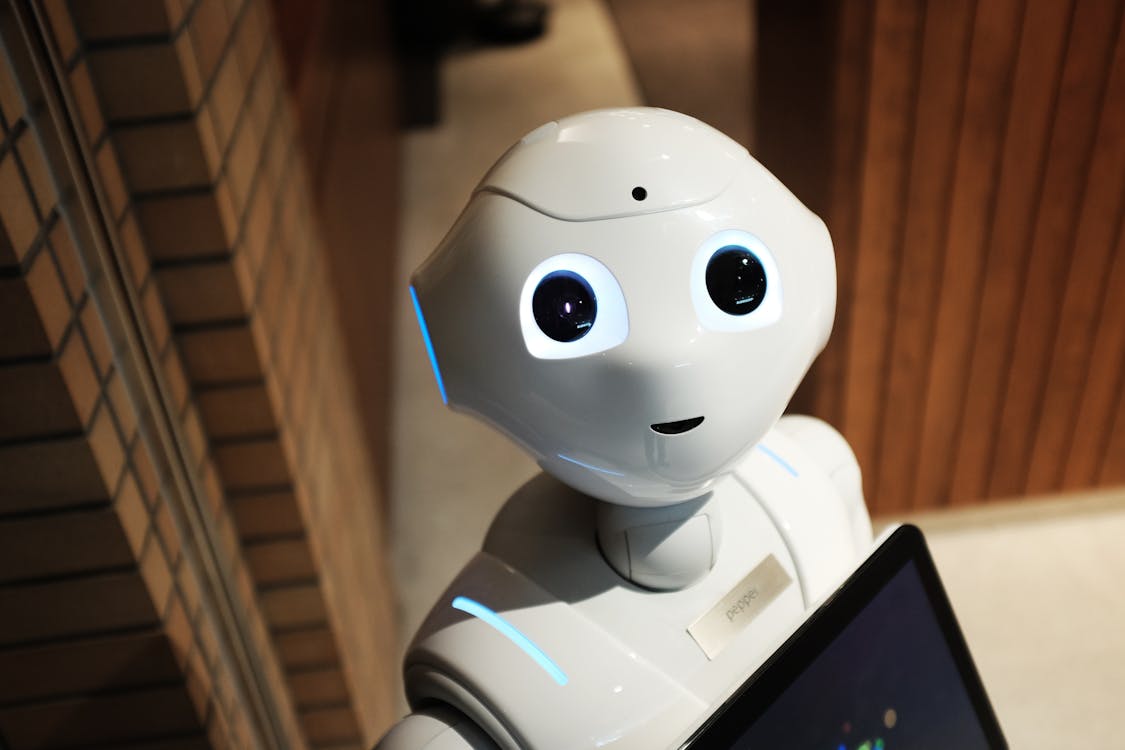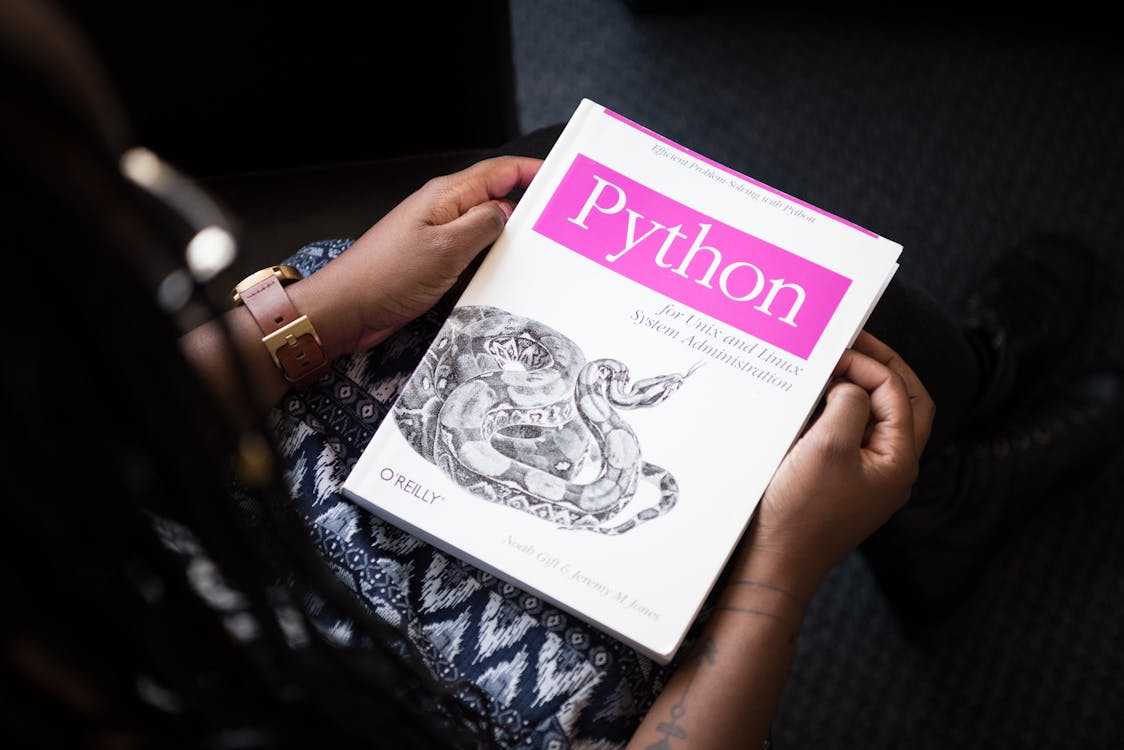A Look Back At Openai'S Launch: How It Changed The Tech Landscape
Author: ChatGPT
February 25, 2023
Introduction
OpenAI is a non-profit artificial intelligence research company that was founded in December 2015 by Elon Musk, Sam Altman, Greg Brockman, Ilya Sutskever, Wojciech Zaremba and other researchers. The company was created with the mission of advancing digital intelligence in the way that is most likely to benefit humanity as a whole. OpenAI's launch marked a major milestone in the development of artificial intelligence and its potential applications.
Since its launch, OpenAI has made significant strides in advancing AI research and development. In 2016, it released Universe, an open-source platform for training AI agents on any task imaginable. In 2017, it released OpenAI Gym, a toolkit for developing and comparing reinforcement learning algorithms. In 2018, it released GPT-2, a powerful language model that can generate human-like text from scratch. And in 2019, it released Dactyl, an AI system capable of manipulating objects with human-like dexterity.
OpenAI's launch has had far-reaching implications for the tech industry as a whole. It has helped to spur innovation in AI research and development by providing access to powerful tools and resources that were previously unavailable to many researchers. It has also helped to create new opportunities for collaboration between researchers from different disciplines and backgrounds who are working towards similar goals. Finally, it has helped to raise awareness about the potential applications of AI technology and its implications for society at large.

The Impact of OpenAI on Artificial Intelligence Research
OpenAI's launch has had a profound impact on artificial intelligence research over the past few years. By providing access to powerful tools such as Universe and GPT-2, OpenAI has enabled researchers from around the world to explore new ideas and develop innovative solutions more quickly than ever before. This has led to rapid advances in areas such as natural language processing (NLP), computer vision (CV), robotics and machine learning (ML).
OpenAI's tools have also enabled researchers to develop more sophisticated models than ever before. For example, GPT-2 is capable of generating human-like text from scratch without any prior training data or guidance from humans; this is something that would have been impossible just a few years ago. Similarly, Dactyl is capable of manipulating objects with human-like dexterity; this too would have been impossible just a few years ago without access to powerful tools like those provided by OpenAI.
Finally, OpenAI's launch has helped to create new opportunities for collaboration between researchers from different disciplines who are working towards similar goals. By providing access to powerful tools such as Universe and GPT-2, OpenAI has enabled researchers from different fields such as NLP, CV and ML to work together more easily than ever before; this has led to faster progress in areas such as autonomous driving or natural language understanding (NLU).
The Impact of OpenAI on Society
OpenAI's launch has also had far-reaching implications for society at large beyond just advances in AI research and development. By raising awareness about the potential applications of AI technology through its various projects and initiatives (such as its Safety team), OpenAI has helped people understand how AI can be used responsibly for the benefit of humanity rather than just being used recklessly or maliciously by those with ill intent or bad intentions. This increased understanding can help ensure that AI technology is used responsibly going forward so that it can continue to benefit humanity rather than harm it in any way possible.
In addition, by providing access to powerful tools such as Universe and GPT-2 through open source licenses (such as MIT License), OpenAI has enabled anyone with an internet connection – regardless of their background or financial means – to explore new ideas related to artificial intelligence without having to invest heavily into expensive hardware or software licenses; this democratization of knowledge can help ensure that everyone – regardless of their background – can benefit from advances in artificial intelligence going forward rather than just those who are able afford expensive hardware or software licenses upfront .
Looking Ahead: What Does The Future Hold For OpenAI?
The future looks bright for OpenAI; there are many exciting projects currently underway which could potentially revolutionize how we use artificial intelligence going forward if they are successful . For example , one project currently underway involves using reinforcement learning algorithms combined with natural language processing techniques (such as GPT - 2 )to enable robots or other machines learn howto interact with humans more naturally . If successful , this could potentially leadto robots being ableto understand complex instructions given by humans , which could revolutionize how we interact with machines going forward .
Another project currently underway involves using deep learning algorithms combined with computer vision techniques (suchas Dactyl )to enable robotsor other machines learnhowto manipulate objectswithhuman - like dexterity . If successful , this could potentially leadto robots beingableto perform complex tasks involving manipulationofobjects , which could revolutionize howwe use robotsin everyday life going forward .
Finally , another project currently underway involves using generative adversarial networks combined with natural language processing techniques (suchas GPT - 2 )to enable machines learnhowto generate realistic imagesfromscratch . If successful , this could potentially leadto machines beingabletocreate realistic imageswithoutany prior training dataor guidancefromhumans ;this could revolutionize howwe use computersfor creative tasksgoingforward .
Overall , therearemany exciting projectscurrently underwayatOpenAiwhichcouldpotentially revolutionizethewaywe useartificialintelligencegoingforward iftheyaresuccessful . Asmoreadvancesaremadeinthisareaoverthecomingyears ,itwillbeinterestingtoseehowfarOpenAicanpushtheboundariesofwhatis possiblewithartificialintelligenceanditspotentialapplicationsforhumanityasawhole .


How Long Does It Take To Sell Stock And Get Money?
Discover the answer to one of the most frequently asked questions in the world of finance - learn how long it takes to sell stock and receive your earnings.

What Are High Dividend Stocks?
Discover how investing in high dividend stocks can potentially provide a steady income stream and increase your long-term returns in the stock market.

Are Data Science And Machine Learning The Same?
Data science is a field of study that focuses on extracting insights from large amounts of data. It involves using various techniques such as machine learning, natural language processing, statistics, and data mining to analyze data sets and uncover patterns or trends.

Are Remarkable Tablets Worth It?
Are you looking for a device that can replace your notebooks and printed documents? If so, you may have heard of the reMarkable 2 tablet.
